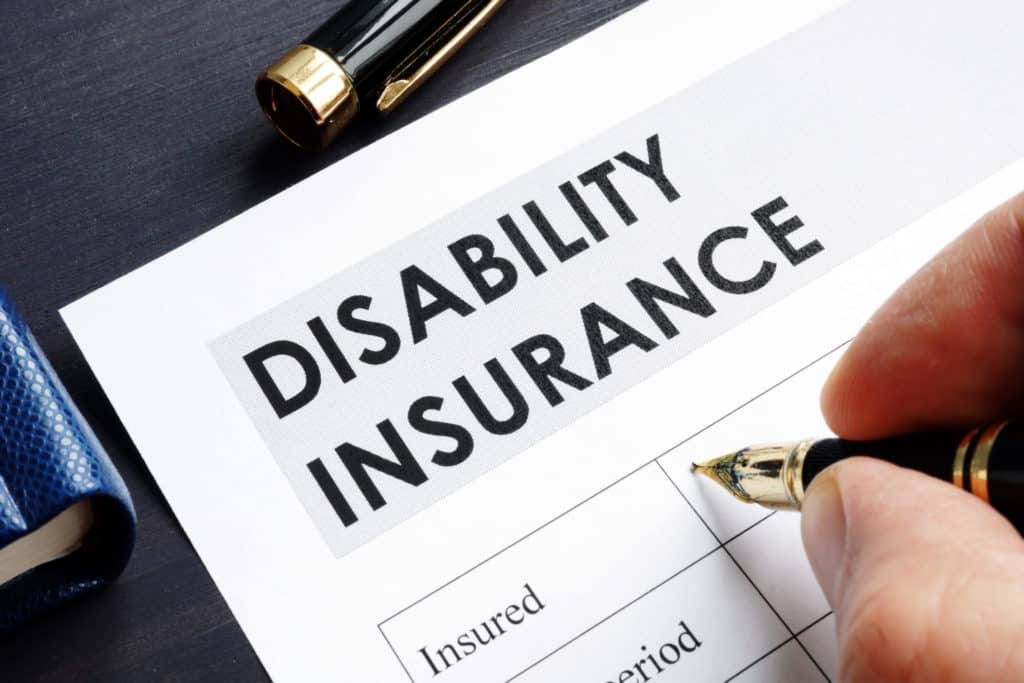
There are a number of long-term disability requirements that you must meet in order to be eligible for benefits. Generally, the two main requirements are (1) having a covered disability, per the terms of your policy; and (2) being unable to work due to that disability. If you can prove these two things, then you will likely qualify for long-term disability benefits.
The process of applying for benefits can be challenging, particularly because eligibility often hinges on a technical reading of length insurance policy documents.
Long-Term Disability Benefits: Understanding the Requirements
In order to qualify for long-term disability benefits, you must meet the following requirements:
- Have a long-term disability policy, either through a group plan or purchased individually;
- Have a covered disability based on the terms of your policy;
- Be disabled for an extended period of time;
- Have sufficient medical evidence and records to support your diagnosis; and
- Wait until the expiration of the elimination period (typically, 3 to 6 months) to apply.
For context, long-term disability insurance is a specialized type of insurance policy that is designed to cover your income when you are unable to work for an extended period of time.
Depending on the terms of your policy, these benefits may last for two years, until your disability resolves, or even to retirement age. While each disability benefits policy is different, they typically provide benefits for a percentage of your monthly salary for covered disabilities.
Notable Definitions Under Most Long-Term Disability Policies
Long-term disability policies typically define disability in one of two ways: (1) “any” occupation or (2) “own” occupation:
“Any” occupation policies: This type of policy pays benefits if you are unable to work in any job for which you are qualified.
“Own” occupation policies: This type of policy pays benefits if you cannot work in your specific job. Most “own” occupation policies convert to “any” occupation policies after a set period of time.
Medical Conditions Generally Eligible for Long-Term Disability Benefits
There are an array of medical conditions that may qualify you for long-term disability benefits. The critical factor is that the health issue is severe enough that you are unable to work, either in your own job or in any occupation (depending on the policy). You will need to submit medical records and other evidence that demonstrates that your condition renders you unable to work, either on its own or through a combination of this condition, another health issue, and/or the side effects of medication used to treat it.
Speak to an Experienced Long-Term Disability Benefits Lawyer Today
At Bross & Frankel, we are dedicated to helping people with disabilities get the benefits that they both need and deserve — including LTD benefits. We treat each of our clients with compassion, all the while putting together a strong claim for benefits. To learn more or to schedule a free claim review with a New Jersey LTD benefits lawyer, call us at (866) 708-2163.









